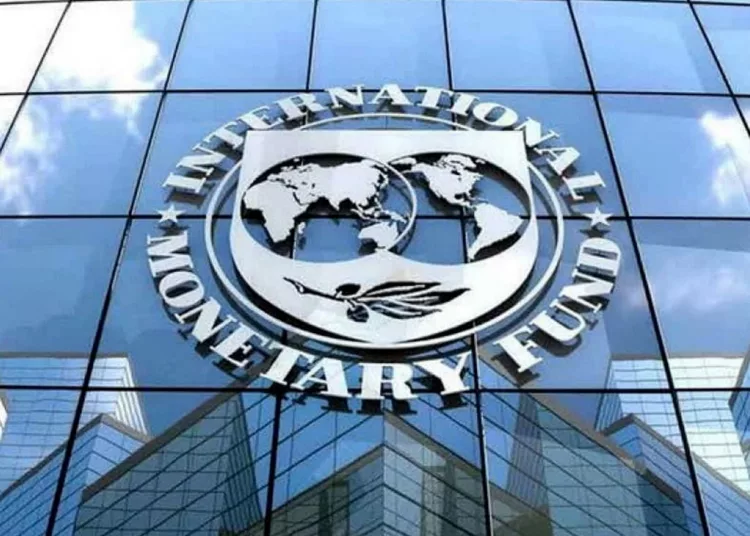The International Monetary Fund (IMF) reviewed downwards its forecast for Nigeria’s economic growth in 2024 from 3.3 per cent which it forecast earlier to 3.1 percent, citing weaker growth recorded in the first quarter of the year.
In its July 2024 World Economic Outlook released on Tuesday afternoon, the IMF downward review is 0.2 per cent lower than its previous 3.3 per cent growth forecast. This is following the 2.98 per cent first quarter 2024 Gross Domestic Product (GDP) growth as released by the National Bureau of statistics.
Despite the downward review of its growth projection for 2024, the IMF retained its growth projection for Nigeria for 2025 at 3.0 per cent. As a result of the lower forecast for Nigeria’s economic growth, the IMF also downgraded its forecast for Sub-Saharan economic growth in 2024 to 3.7 percent from the April WEO forecast of 3.8 percent.
However, it raised the economic growth forecast for the region in 2025 to 4.1 percent from 4.0. “The forecast for growth in sub-Saharan Africa is revised downward, mainly as a result of a 0.2 percentage point downward revision to the growth outlook in Nigeria amid weaker than expected activity in the first quarter of this year,” the IMF said.
Speaking at a press briefing, Division Chief, Research Department, IMF, Jean-Marc Natal, said growth is improving slowly in the region, “but the main issue is inflation for many of the countries in the region and it comes from a cycle of depreciation and inflation, and our recommendation in such cases for monetary policy to tighten and stabilise inflation to achieve price stability in the medium term, which will be a precondition for for re-establishing the fundamental condition for growth in the country.
“This policy may lead to impact on growth and so it’s very important to also at the same time, make sure that the most vulnerable are protected and in Nigeria, for example, the resumption of cash transfers are actually the right move to safeguard the most vulnerable of the population.
On his part, Chief Economist and Director Research Department, IMF Pierre-Olivier Gourinchas said the context is challenging for many countries in the region because of the funding squeeze “affecting a number of countries, especially in Sub-Saharan Africa. As we expect the monetary conditions to ease and inflation to be brought under control, then that gradually will also ease as well. So that will be a positive development. But clearly at the end of the day, what is very important for the region is to put in place the conditions for sustained growth.
“The continent has a tremendous number of assets. It’s a growth opportunity. In particular, it has very favourable demographics. It has a young population that is going to be of working age which can certainly increase the outlook in that region. One of one of the challenges is going to be to bring skills and education, and human capital to that population that is just willing and eager to engage in the global economy.





